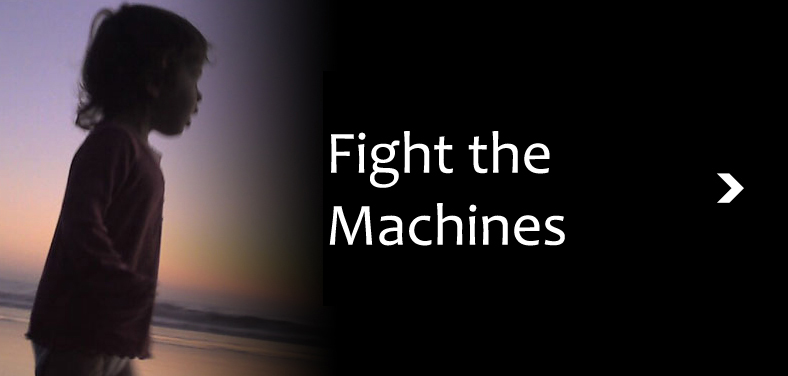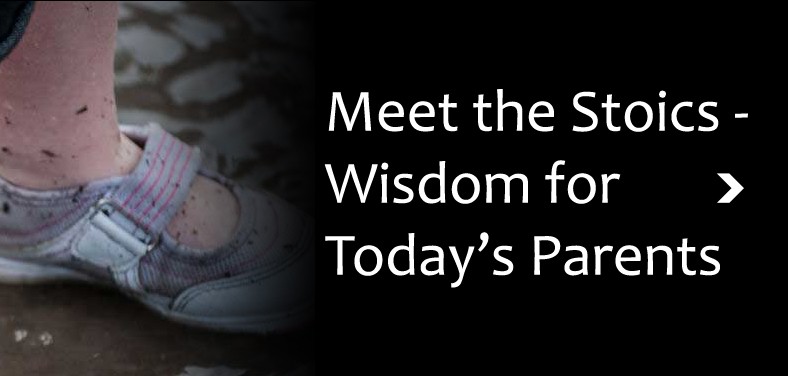Here you go – it goes on for a bit, but that’s how it can be with “practices” – like if you said “hey, describe judo or yoga or whatever …”
Emmi Pikler was a Vienna-trained physician whose insights on how to interact with babies were first published in the 1930s, put in practice in the orphanage at Locozy, Budapest in the 1950s, and gradually but widely embraced by researchers around the world in the last few decades. In 1965, Dr. Pikkler’s protégée, Magda Gerber, emigrated to Los Angeles, where she founded RIE, an influential method of child-led observation/demonstration classes for parents. (I was fortunate to have had as a teacher Magda’s student, Elizabeth Memel.)
This infant-care approach is essentially a method for teaching parents habits of mindful interaction that will help them create a good environment for physical, cognitive and social/emotional growth, resulting in a confident, competent and curious kid. [Keep in mind – we don’t “teach” babies and toddlers anything – but oh do they learn – from their environment. So, what’s in that environment is what it’s all about, and caregiver behavior and communication are the main creator and framing agent of the child’s environment). RIE.org is a small organization with a huge influence: what were once fringe theories have been proven out by neuroscience are now widely recommended.
I recommend taking classes (or at least trying a class). We have given away many copies of “Dear Parent” by Magda Gerber. For egghead reading, the Best Document Ever is EMMI PIKLER 1902 – 1984, Sensory Awareness Foundation Bulletin #14, Mill Valley, CA 11994 …. it has a translation of part of Pikler’s best-selling book, which was big in germany thanks in part to the translation of its title to “Peaceful Babies, Contented Mothers.” (you can buy it from RIE.org) Dr. Pikler’s super-cool daughter Anna Tardos wrote part of this excellent 30-page pdf. http://www.waimh.org/files/Signal/Signal3-4_2010.pdf.
Now, without further adieu-
Principals of RIE (in the words of Magda Gerber)
In order to foster quality care, RIE encourages:
-
Basic Trust in the infant to be an initiator, an explorer and a self-learner.
-
An environment for the child that is physically safe, cognitively challenging and emotionally nurturing.
-
Time for uninterrupted play
-
Freedom to explore and interact with other infants
-
Involvement of the child in all care activities to allow the child to become an active participant rather than a passive recipient
-
Sensitive Observation of the child in order to understand the child’s needs.
-
Consistency, clearly defined limits and expectations to develop self-discipline.
From the introduction of “Dear Parent:”
We believe care givers should ‘Enjoy More, and Work Less’ or “Do Less, Enjoy More. We urge care givers to relax, observe and enjoy what their babies are doing, noticing and enjoying new skills as they develop naturally. A care giver’s role is providing a secure and predictable environment. You do have to be sensitive to your infant’s changing needs; the infant has to feel your caring presence. … you don’t have to teach. You don’t have to buy gadgets. You and your infant can just exist and enjoy each other as your relationship develops.”
Thus the following simple rules:
-
Go slowly, step-by-step, in a consistent order. Share your intentions in advance, and always allow space for a response to develop partnership in care activities.
-
Give Information, not direction
-
Show up and pay attention/Shut up and pay attention
-
Embrace failure and frustration as valuable teachers – don’t rescue
-
Don’t teach, let them learn
As Magda says – “By respectfully reflecting and reinforcing the simple truths of your child’s experience, you allow for the self-learning and natural development that result in a confident and competent child.”
The next post is an email my wife and I put together over the years to give “everything you need to know about ‘doing’ RIE – or at least an introduction.”




Add comment